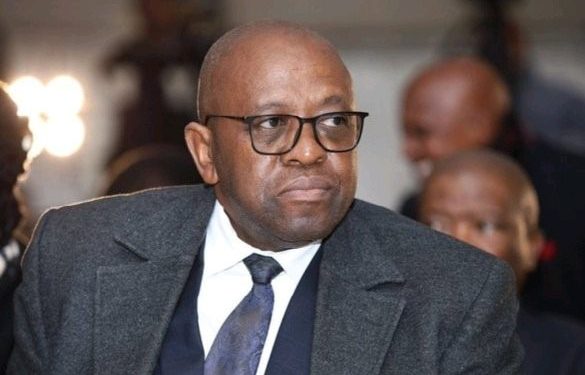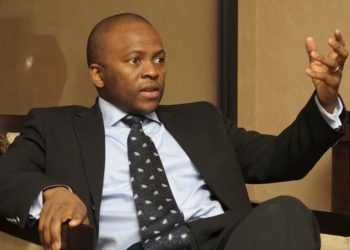The South African Communist Party (SACP) has added its voice to the growing calls for the Madlanga Judicial Commission of Inquiry into alleged police corruption to begin its work without delay. SACP General Secretary Solly Mapaila has warned that repeated postponements of the hearings risk damaging public trust in both the commission and the broader justice system.
Mapaila was speaking during an interview on the SMWX podcast with political analyst Sizwe Mpofu-Walsh, where he expressed concern over what he described as “unwarranted interference” in sensitive South African Police Service (SAPS) dockets. According to him, these interferences could involve senior officials, including President Cyril Ramaphosa and Police Minister Senzo Mchunu, though he stopped short of making direct accusations. He stressed that the credibility of the policing system is at stake and urged the commission to operate without political pressure.
The Madlanga Commission, chaired by retired Constitutional Court Justice Mbuyiseli Madlanga, was initially scheduled to begin hearings on 1 September 2025. However, the start date was pushed back to 17 September due to procurement-related challenges. Civil society organisations and opposition parties have criticised the delay, arguing that it undermines the urgency of addressing systemic corruption in law enforcement.
Mapaila commended KwaZulu-Natal Police Commissioner Lieutenant General Nhlanhla Mkhwanazi for his “courageous and truthful” disclosures about corrupt practices within SAPS. He said Mkhwanazi’s testimony highlighted the scale of the problem and reinforced the need for the commission to act quickly and transparently.
The SACP’s intervention adds weight to calls for decisive action, as public frustration continues to mount over corruption scandals in the police service. Mapaila emphasised that restoring accountability and confidence in the system depends on the commission’s ability to investigate freely, without political manipulation or undue delays.
Ultimately, his remarks underscore broader concerns about the independence of South Africa’s investigative processes and the urgent need for justice to be served impartially.






















